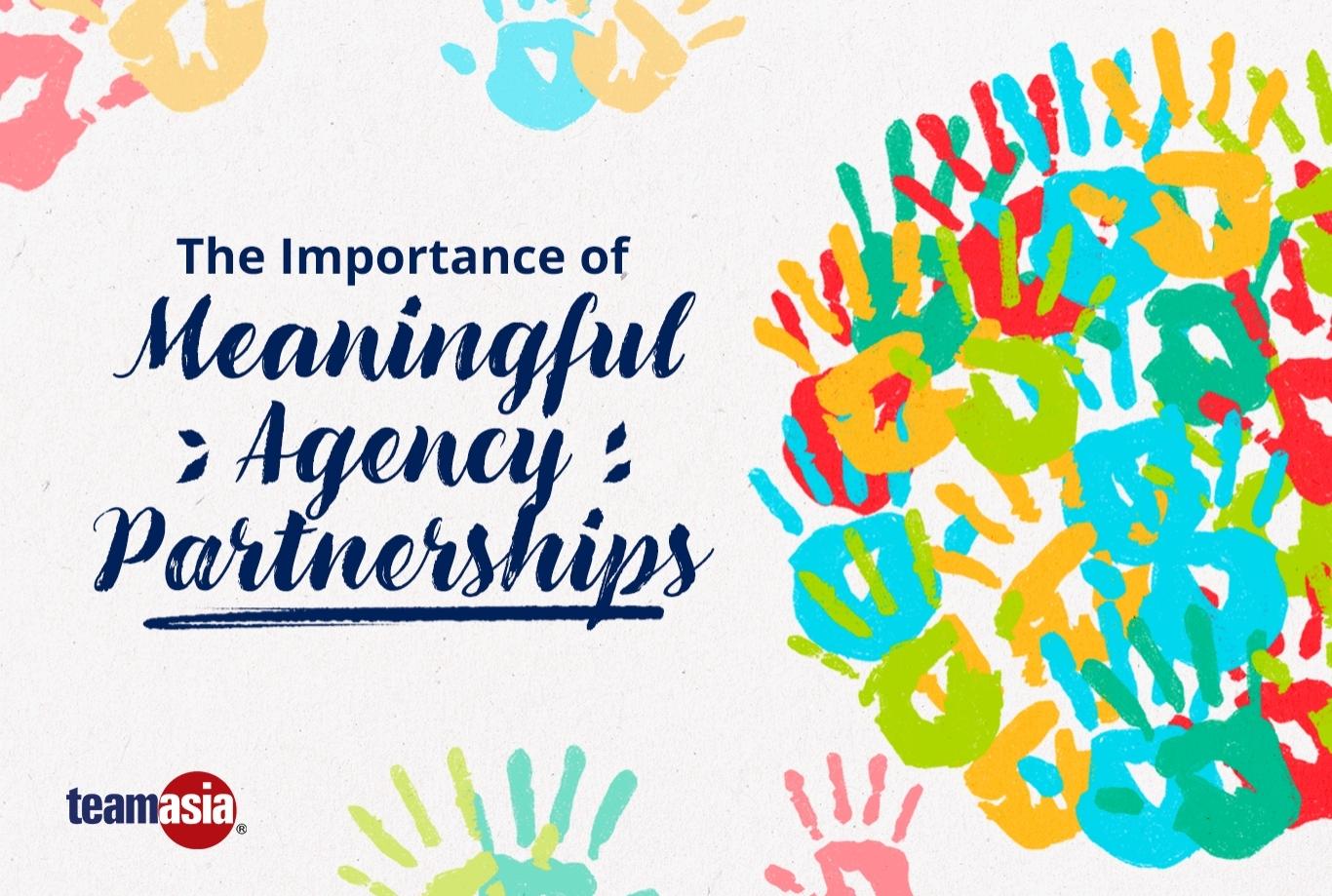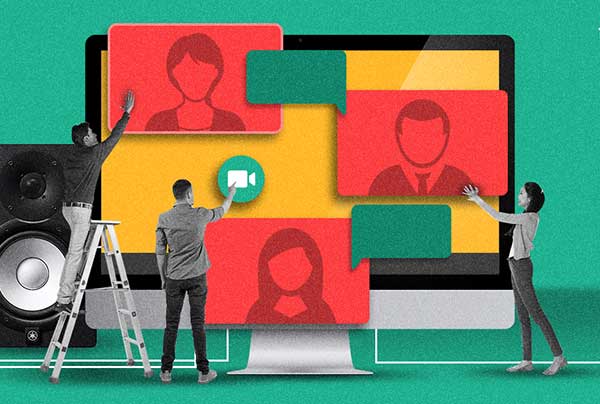Surviving the Quarantine through Social Solidarity

By Althea Kalalo, Editorial Associate
Kissing your loved ones, hugging your friends, and shaking hands with strangers – all of these used to be the norm. However, COVID-19 has changed the world’s definition of normal, as well as the way we interact. Normal now means virtual meetings, staying indoors to limit contact, and physical distancing.
The transition to this new normal has been difficult and stressful. If you’ve been feeling lonely and isolated since the enhanced community quarantine started, you’re not alone. It’s important to acknowledge these feelings to know what you can do to address them. Right now, what everyone needs is a strong support system with those who share their interests and have the same level of understanding.
Why is social solidarity important, and how can you practice physical distancing without isolating yourself?
The importance of social solidarity
Humans are naturally social beings, and having personal connections is a big factor in staying healthy. Although being isolated from other people – also known as social isolation – is more prevalent among the elderly, a 2018 study shows that it has negative effects on your health regardless of age.
This quarantine calls for a stronger sense of social solidarity to recognize everyone’s togetherness and interconnection. It strengthens bonds and though physical contact is prohibited right now, that doesn’t mean you have to distance yourself emotionally, too.
Practice physical distancing, not social distancing
How do physical distancing and social distancing differ and why is it important to know during this time? In a briefing last March 20, the World Health Organization (WHO) moved away from the term ‘social distancing,’ and used ‘physical distancing’ instead. Dr. Maria Van Kerkhove, WHO’s COVID-19 Technical Lead, emphasized that keeping the physical distance prevents the spread of the virus, but it doesn’t mean that people should socially disconnect from their loved ones.
“We’re changing to say physical distance and that’s on purpose because we want people to still remain connected,” she said. “So find ways to do that, find ways to remain connected because your mental health going through this is just as important as your physical health.”
This serves as a reminder to continue nurturing your relationships despite being confined in the four walls of your homes.
Ways to stay connected
Now that you know the importance of social interactions, it’s also important to know how you can stay connected. Thankfully, technology has created different ways for you to keep in touch and avoid feeling lonely. Here are some useful tips:
Have regular check-ins with family and friends. Make time for your loved ones everyday. If you’re quarantined with them, do various activities throughout the week together. If you want to connect with someone who’s far away, find creative ways to do so, like virtual game nights, watching movies together online. Having regular check-ins can boost your mood and do wonders for your mental health.
Join communities with common interests. Whatever your hobbies and interests are – be it cooking, painting, or something else – there is bound to be an online community that you can be a part of. Joining online communities or discussions is a great way to stay connected with people and maybe even make new friends! It can also give you more information that you can apply to whatever piques your interest.
Surround yourself with positivity. Welcome as much positivity as you can. Get some sunshine, practice compassion and kindness, read heart warming news, and talk to people who make you feel bright and happy. Staying connected with the world is important, but so is connecting with the things and people that create happiness.
Find ways to support your community. Everyone is struggling with the pandemic, but no one can deny the unwavering Filipino spirit of ‘bayanihan.’ Helping your community gives you a meaningful way to spend your time and lets you take a stand against COVID-19. Supporting them can range from spreading awareness about different drives to volunteering for activities like writing cards or making face shields for frontliners.
These are just some tips to help you survive the quarantine. Getting used to the new normal is tough, but technology helps keep your bonds with loved ones alive and thriving. You should also remember that you are not going through this alone. The pandemic may have created distance, but the power of social solidarity is much stronger.
Want to talk more on ways you can go about the quarantine? Connect with us at info@teamasia.com.





